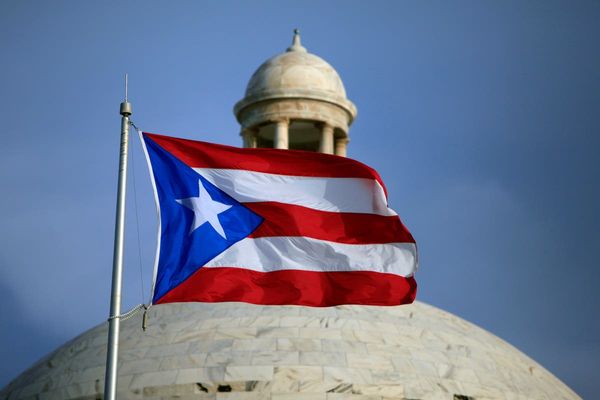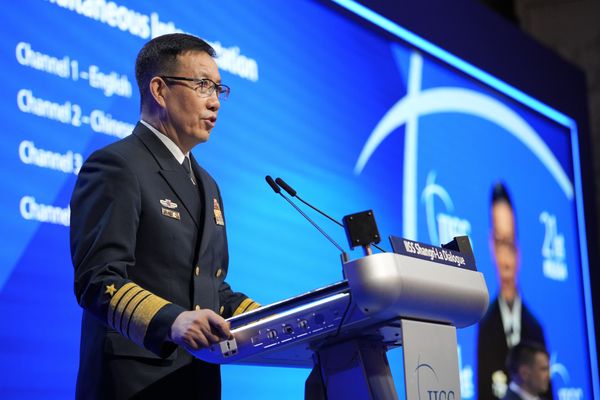Soon after coming to power in Telangana, the Congress government set in motion steps to implement one of the six guarantees the party had announced in the run-up to the elections. The Mahalakshmi scheme provides women and transgenders free travel on Telangana State Road Transport Corporation’s buses (TSRTC). This could set in motion massive change — better access for women to education, employment and health care. And, at the same time, it can improve the State road transport undertaking’s cash flow and also infrastructure. But, only if the government manages to strike the right balance among the elements in the transportation equation.
To begin with, the numbers are quite impressive. In the first 11 days, a staggering three crore women from across the State went by bus, accounting for over 62% of the TSRTC’s passengers.
Lady Luck smiled on the TSRTC as its occupancy rose with buses from as many 45 of the 97 depots recording over 100% occupancy. Another parameter that can prove helpful in understanding the previously sluggish if not stagnant occupancy ratios is that ever since zero-fare tickets for women were introduced, occupancy rose from 69% in November, to 88%, an increase of 19%. Given the more than promising response, as well as the festive season of Christmas, New Year and Sankranthi, the TSRTC expects ridership to only increase.
Studies and assessments of similar initiatives implemented in other States and countries have shown how free bus travel for women has led to more savings, and better access to education. A report available on the U.S.’s National Center for Biotechnology Information website links free bus travel to healthier ageing and a reduction in isolation.
Anecdotal evidence
In India, Tamil Nadu, one of the few States apart from Delhi, Punjab and Karnataka to have introduced free bus travel for women before Telangana, recorded that women passengers tended to save up to 12% of their monthly income. The report, released by the Tamil Nadu State Planning Commission, has anecdotal evidence to conclude that the scheme has improved access to health-care facilities, and ensured better interactions with fellow passengers.
That being underscored, there are a few hiccups. For instance, while the Mahalakshmi scheme appears to be a hit, many villages remain unconnected to the TSRTC’s bus services. According to official data, as many as 1,497 villages in Telangana do not have a service, meaning, women from these villages are yet to become beneficiaries of the Mahalakshmi scheme. For their part, TSRTC officials are of the opinion that with the previous government embarking on “upgrading” thandas (hamlets) to gram panchayats, the number of unconnected villages rose from 844 in 2019 to 1,497. Efforts are underway to have bus services there.
The other, and more pressing, issue appears to be an inadequate number of buses in the State. The problem is chronic. Till October, the TSRTC’s fleet strength stood at 9,053, of which 2,733 were hired buses. The Greater Hyderabad Zone, which covers large swathes of the city, and the IT Corridor, had approximately 2,900 buses. In comparison, cities with a similar population, such as Bengaluru, had over 6,000 buses.
The impact of an inadequate fleet is illustrated by the fact that the TSRTC has been having its fair bit of trouble in accommodating zero-fare passengers on the Express buses. As a result, the management has requested women passengers to use the Palle Velugu buses for shorter distance travel.
The zero-fare tickets, much like the different types of bus passes, are treated as reimbursements from the government. Given the high occupancy of women, earnings from these reimbursements are also likely to be in proportion to zero-ticket sales. The TSRTC, which has been grappling with losses due to worker salaries, dues, and high fuel costs could turn profitable, only if these reimbursements are credited by the government on time. The issue is largely connected to cash flows.
Study on impact needed
While the scheme in Telangana is still in its infancy and the initial results seem promising, a better understanding in the Telangana context will emerge if and only when the Congress government or the TSRTC takes up a thorough study of the scheme’s impact among women respondents across socio-economic and age groups.
syed.mohammed@thehindu.co.in







